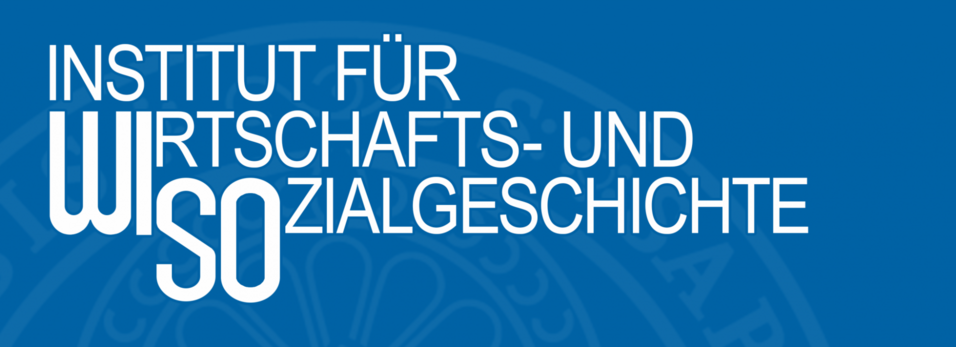Johannes Täubl ist seit 2. November 2022 Mitarbeiter im Historisch-Kulturwissenschaftlichen StudienServiceCenter (SSC) und für das WISO zuständig (Beratung von Studierenden, Lehrkoordination, Anlegen von Prüfungsterminen, Raumbuchung usw.).
Erreichbarkeit: Mo-Fr 9-13 Uhr
Personalia November 2022
16.11.2022

